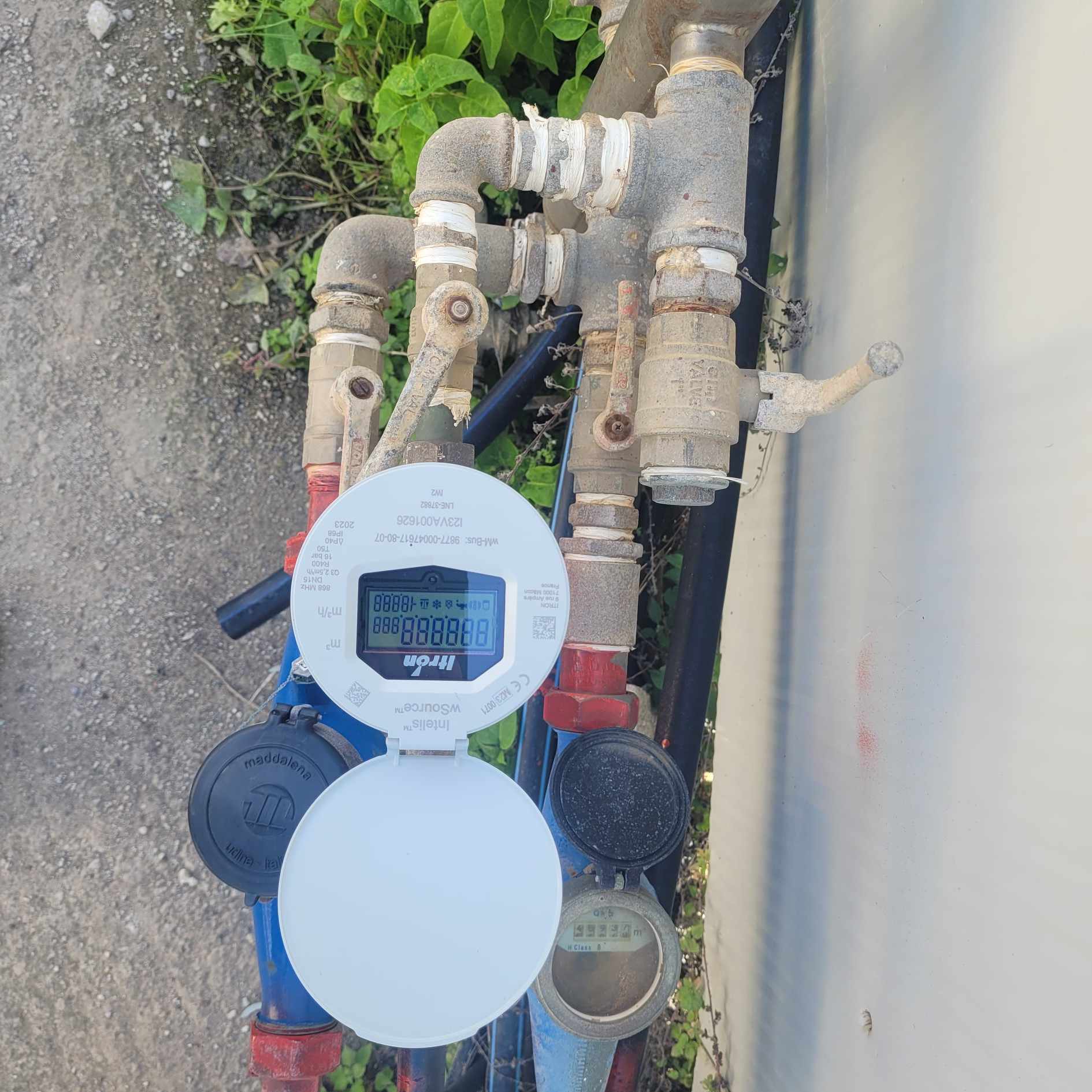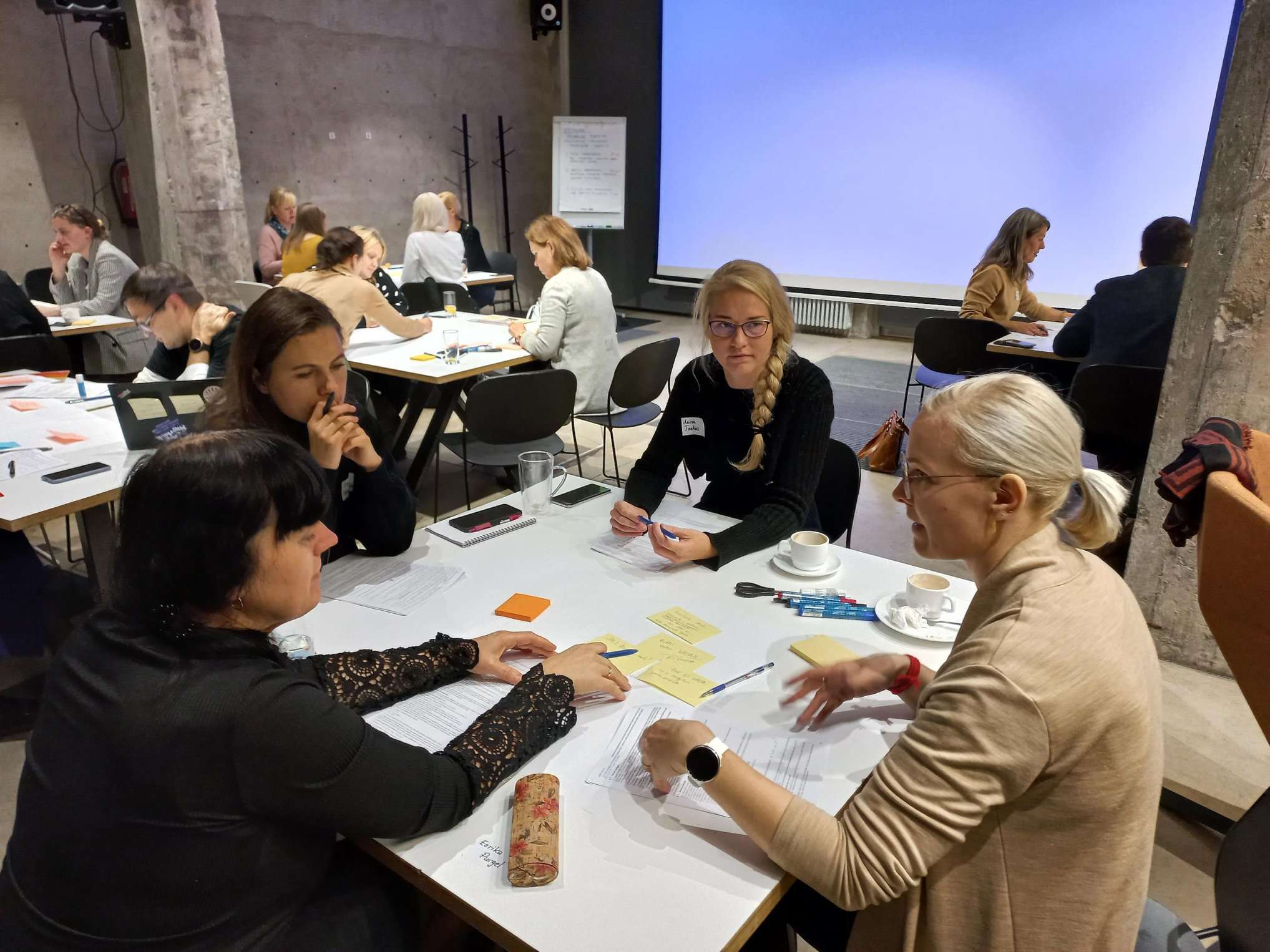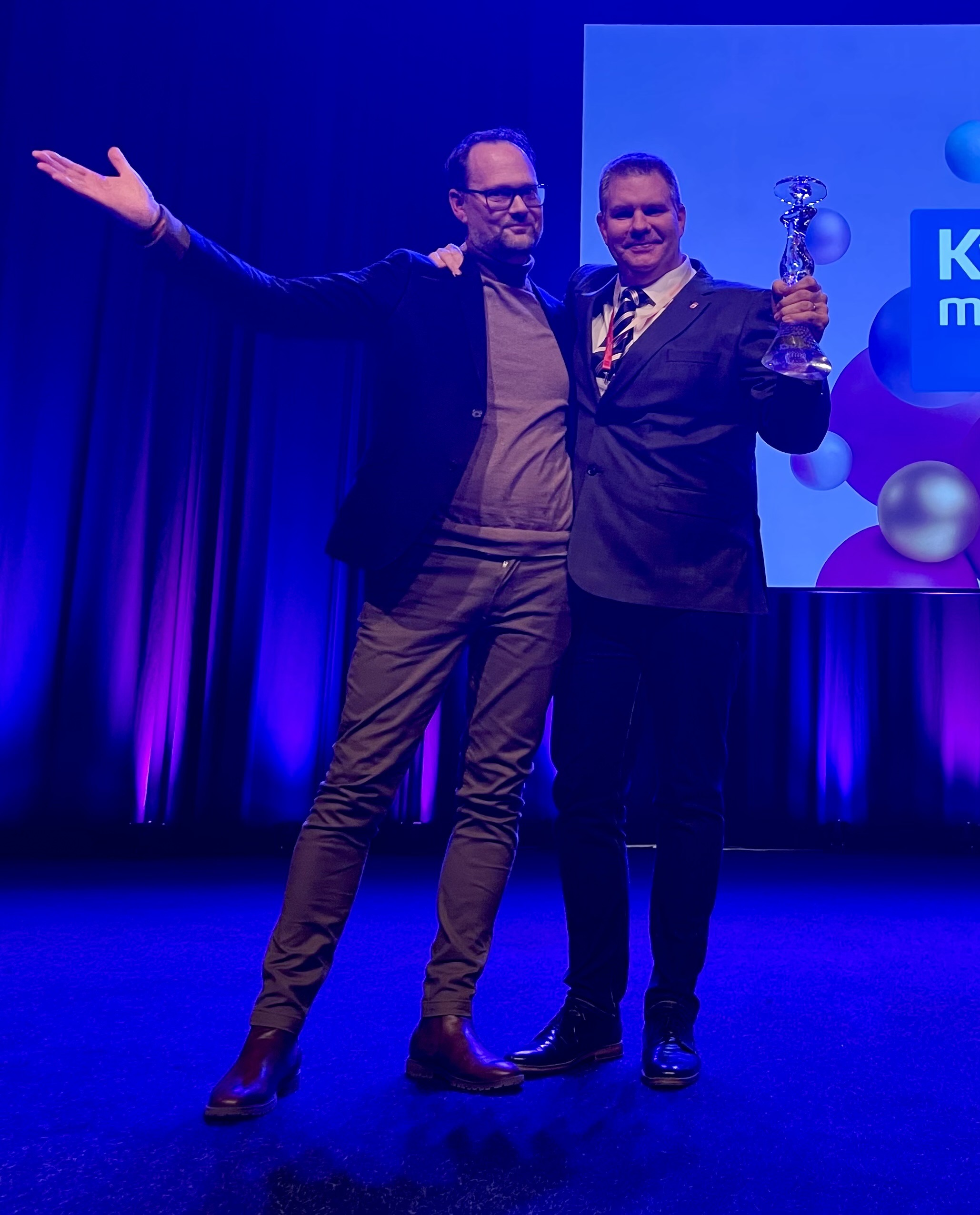
Digital-health solutions provide specialised perinatal-care services on remote islands communities to tackle the absence of healthcare units and professionals.
IMPROVING PERINATAL CARE
The arrival of a baby is challenging for new parents, especially those who live on small or remote islands in Greece, as they have no access to the necessary support. In fact, the lack of perinatal-care services and specialised health professionals causes expectant and new parents stress and anxiety. Along with other social, cultural, or economic reasons, this reality is mirrored in the low birth rate, which threatens the social resilience and sustainability of island communities. The aim of this project is to promote maternal and family health and improve perinatal and mental-health services for new parents on 54 small Greek islands.
A NEW MODEL OF DIGITAL SERVICES
The project uses a novel combination of technology, a multidisciplinary team approach, systemic intervention, and continuous follow-up care for new parents. Perinatal-care services, such as antenatal education, midwifery care, and mental-health support were provided to 144 beneficiaries in the course of one year. This model is based on the early detection and continuous follow-up of pregnant women in order to prevent pregnancy complications, mental illnesses, newborn hospitalisations, and minimise the impact of a pre-existing disorders.
LONG-TERM HEALTH BENEFITS
The project acts as proof-of-concept in order to demonstrate the need for institutional changes in the field of primary health care provision in Greece, and offers a new standard of digital perinatal-care for parents living on small islands. As such, it can influence social cohesion, local development, and health policies, establishing a model for the empowerment of women and new parents living in remote areas. Moreover, the improvement of perinatal-care creates long-standing health benefits for new mothers, fathers, and their babies.



